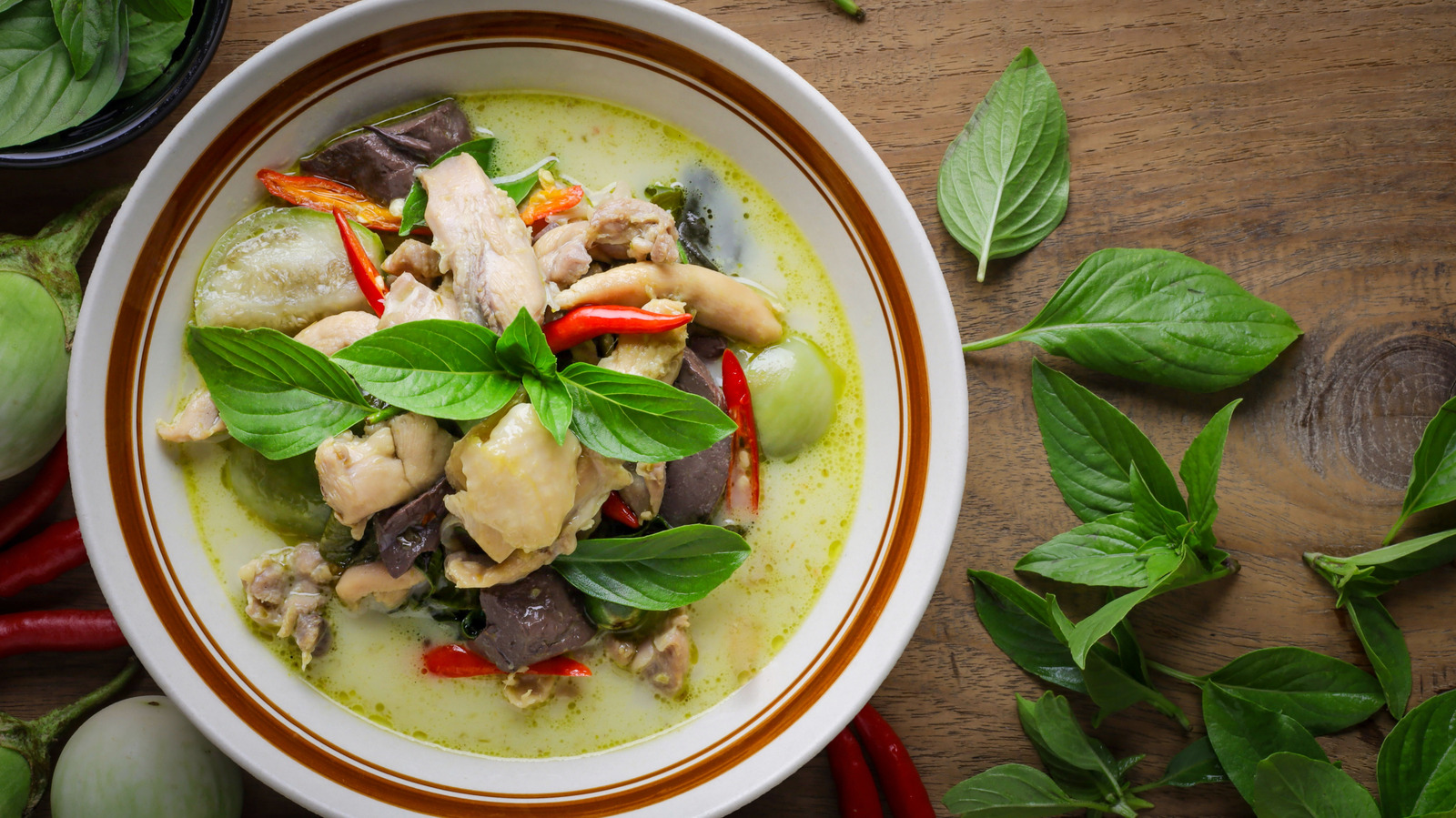
"Coconut milk is composed of proteins and oils, about 60-70% water. When heated excessively, proteins change structure, causing separation and curdling."
"Common mistakes include pouring cold coconut milk into hot pans causing temperature shock, and introducing acids too early, both leading to curdling."
"To prevent curdling, let coconut milk reach room temperature before cooking and keep heat low to moderate while stirring consistently."
"If coconut milk curdles, turn off the heat, remove solid ingredients, and add a mixture of water and starch to fix it."
Coconut milk is an essential ingredient that can elevate various dishes. It can curdle when exposed to high heat or sudden temperature changes. This separation occurs when proteins in coconut milk alter structure due to heat over 176°F. Improper handling, such as adding cold coconut milk to hot pans or introducing acids too early, can lead to curdling. To avoid this, let coconut milk warm to room temperature, cook at low heat, and stir consistently. If curdling occurs, it can be remedied by adding tapioca or cornstarch after turning off the heat.
Read at Tasting Table
Unable to calculate read time
Collection
[
|
...
]